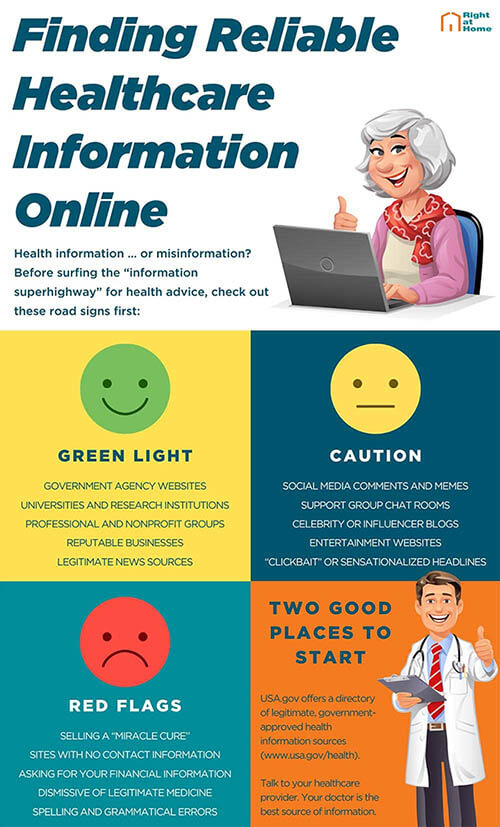Check the website’s “.gov” or “.edu” domain. Government and educational sites generally offer accurate, peer-reviewed information.
Look for reputable organizations like the Mayo Clinic, the Centers for Disease Control and Prevention (CDC), or the National Institutes of Health (NIH). These institutions employ medical professionals and adhere to strict fact-checking protocols.
Verify author credentials. Consult sources written by licensed medical professionals or researchers with relevant expertise. Cross-reference information with multiple sources.
Assess the website’s objectivity. Avoid sites promoting specific products or services without clear scientific backing. Note any blatant advertising or biased language.
Examine the date of publication. Medical knowledge evolves, so utilize the most recent research available. Always look for recent updates or revisions.
Consider the source’s funding. Transparency about funding sources enhances credibility; identify potential conflicts of interest.
Consult your doctor. They can interpret information and tailor advice to your specific needs. They’re your best resource for personalized health guidance.



